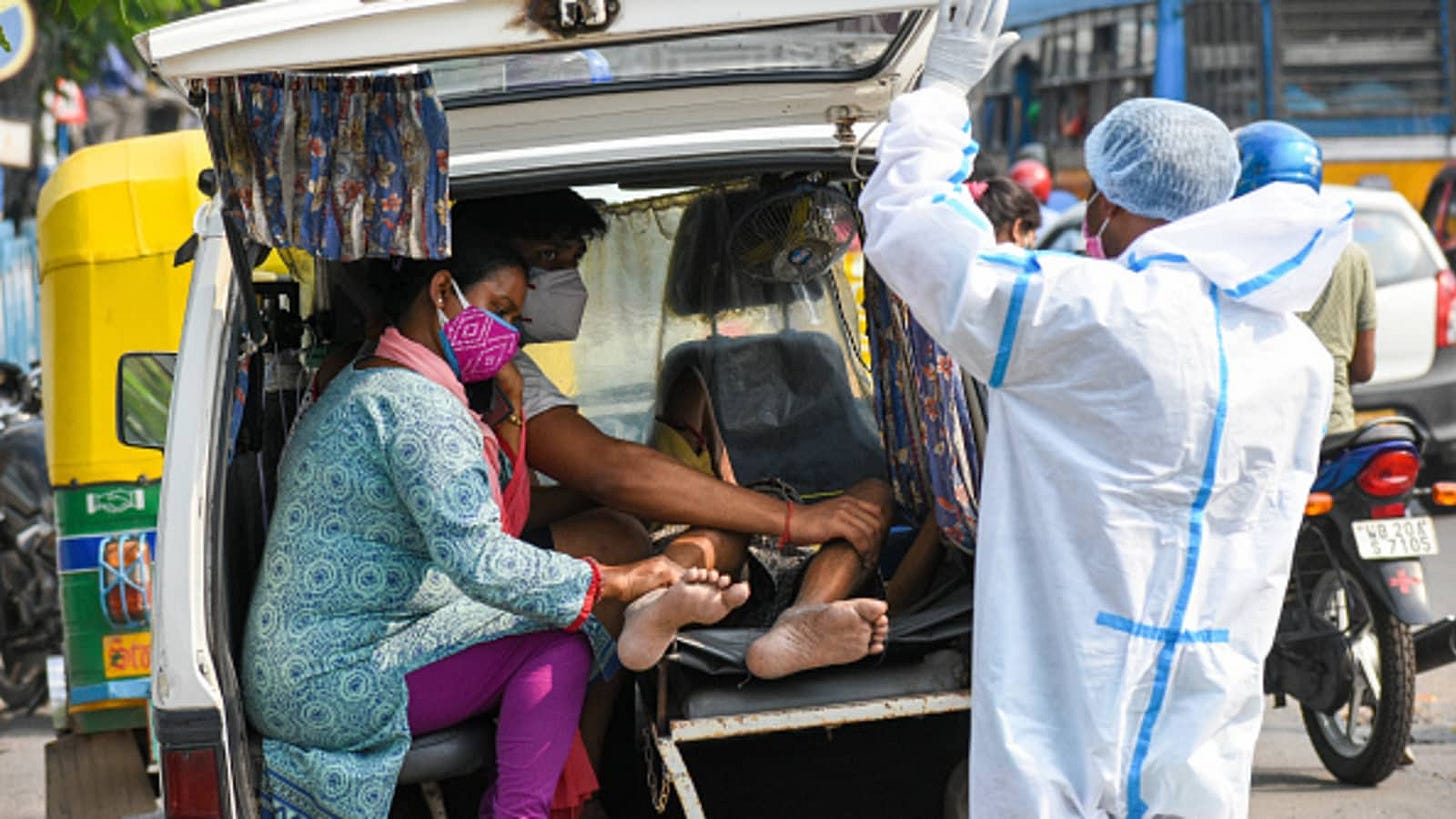India's Battle with Critical Health Issues: A Call for Urgent Action
India faces pressing health challenges such as malnutrition, non-communicable diseases, infectious diseases, maternal and child health, mental health, and inadequate healthcare infrastructure.
India, a country with a population of over 1.3 billion, is facing multiple critical health issues that demand urgent attention. The country's healthcare infrastructure is struggling to meet the growing needs of its diverse population, and the situation is further exacerbated by social and economic inequalities.

This article highlights some of the most pressing health concerns in India, emphasizing the need for a comprehensive approach to address these challenges.
Malnutrition
Malnutrition is a significant health concern in India, affecting millions of children and adults alike. As per the National Family Health Survey (NFHS-5) 2019-2021, around 35% of children under five are stunted, and 17% are wasted. Malnutrition is a leading cause of child mortality and has far-reaching consequences on cognitive and physical development. The government must invest in nutrition programs and create awareness about the importance of a balanced diet for children and expectant mothers.
Non-Communicable Diseases (NCDs)
India is witnessing a rapid increase in the prevalence of non-communicable diseases (NCDs) such as diabetes, cardiovascular diseases, cancer, and respiratory diseases. According to the World Health Organization (WHO), NCDs account for 63% of all deaths in India. The rising burden of NCDs can be attributed to lifestyle changes, urbanization, and an aging population. Preventive measures, early diagnosis, and affordable treatment options are crucial to combating the growing threat of NCDs.
Infectious Diseases
Despite significant progress in controlling infectious diseases, India continues to grapple with a high burden of illnesses such as tuberculosis, malaria, and dengue. The COVID-19 pandemic has further exposed the weaknesses in the country's healthcare infrastructure, which has struggled to manage the surge in cases. Strengthening the surveillance and response mechanisms for infectious diseases, as well as investing in research for new vaccines and treatments, is essential for India to overcome these challenges.
Maternal and Child Health
Maternal and child health remains a pressing issue in India. The country accounts for a large share of global maternal and neonatal deaths, with many preventable fatalities occurring due to inadequate healthcare facilities and a lack of skilled birth attendants. Expanding access to antenatal care, improving institutional delivery rates, and promoting family planning measures can significantly improve maternal and child health outcomes.
Mental Health
Mental health is an often-neglected aspect of public health in India. The stigma associated with mental illness, a severe shortage of mental health professionals, and inadequate resources are barriers to mental healthcare. The National Mental Health Survey (NMHS) of India reported that nearly 15% of Indian adults need active interventions for one or more mental health issues. Creating awareness, integrating mental health services into primary healthcare, and training more mental health professionals are necessary steps to address this growing crisis.
Healthcare Infrastructure and Accessibility
India's healthcare infrastructure, particularly in rural areas, is inadequate to meet the needs of its vast population. Limited access to quality healthcare, a lack of trained medical professionals, and insufficient government spending on health services exacerbate existing health issues. Policies that promote public-private partnerships, increase government spending on health, and ensure equitable access to healthcare services can help bridge this gap.
India's battle with critical health issues requires a multi-pronged approach that addresses the root causes of these problems. Investing in healthcare infrastructure, raising awareness, promoting preventive measures, and ensuring affordable and accessible healthcare services are essential components of a comprehensive strategy. Only by tackling these issues can India hope

